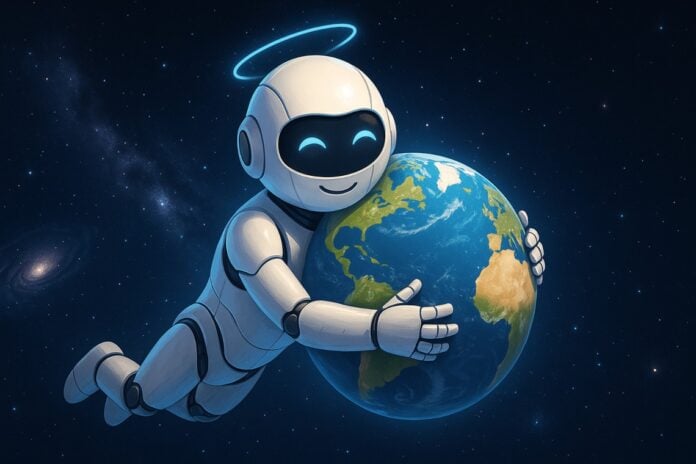AI for Everyone: The Real Revolution is Accessibility
During AI Week 2025, one of the most significant discussions centered around accessibility – the idea that artificial intelligence is now within reach for anyone. This isn’t just about new technologies; it represents a cultural, social, and economic paradigm shift. AI has dismantled historical barriers related to skills, income, and geography, making itself available to millions worldwide.
Democratization of Knowledge and Productive Means
One of the most iconic moments from AI Week was the statement: “The most powerful programming language in the world today is English.” This means that with a simple sentence, anyone can create code, generate images, videos, or audio, and automate complex processes. Years of technical study are no longer a prerequisite; knowing how to communicate in natural language is enough. Technology has adapted to humans, reversing the previous dynamic.

Conversational interfaces and intelligent assistants have opened the door to a new generation of users, including those without technical training. With a simple device and an internet connection, anyone can conduct research using tools like NotebookLM, create content with generative AI like ChatGPT or DALL·E, and develop business processes.
This change has a significant impact on:
- Education in emerging countries where school facilities are lacking but mobile access is available
- Professional training at low cost, thanks to online AI tools
- Digital inclusion for the elderly, migrants, and disadvantaged communities
AI is becoming a global social elevator, creating opportunities wherever there’s connectivity. It’s not just about tools; it’s about accessing human potential. If in the past, inequality was also cognitive and technological, today AI opens a scenario where anyone can express their creativity and competence without constraints of place or status.
The Cultural Challenge of Global AI Adoption
The true adoption of AI is not just technological but cultural. An educational, social, and regulatory ecosystem is needed to spread basic digital skills, promote ethical AI use, and ensure balanced access for vulnerable groups. AI must be understood, taught, and disseminated to serve the common good.
For AI to become the powerful lever of equality it promises, a joint commitment is necessary from governments, schools, businesses, and media. The question is no longer “if” we can use AI, but “why not?” If AI can improve lives, expand opportunities, and democratize knowledge, it must be made available to everyone, everywhere.


